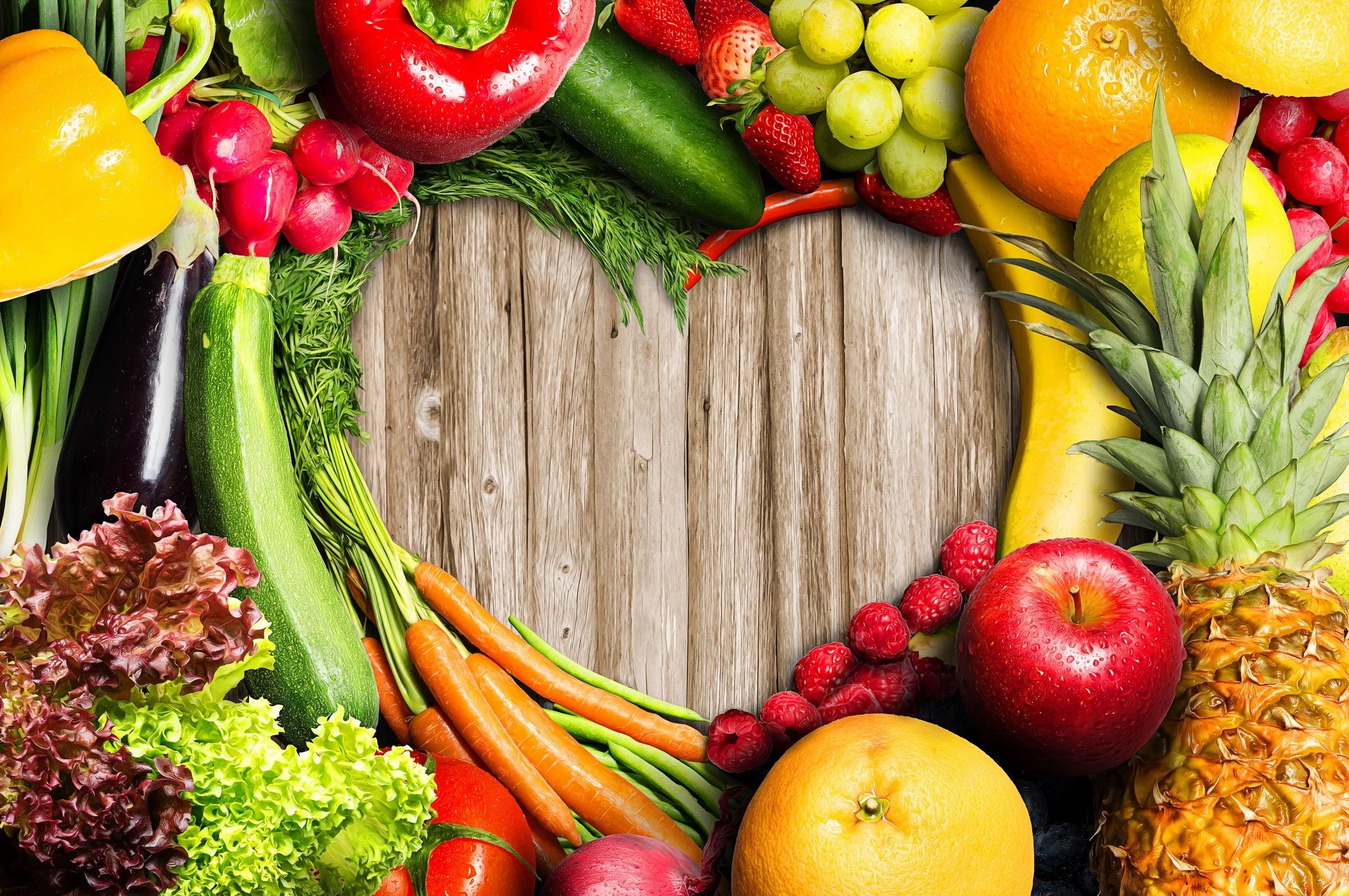Estrogen is a vital hormone essential for many key functions in females. We already know that estrogen helps regulate the menstrual cycle, reproductive tract, and urinary tract, and maintains cardiovascular functions, bone health, skin, hair, pelvic muscles, and the brain, but do you know that estrogen is also responsible for keeping serotonin and endorphin, also known as the Happy Hormones, levels regular. So, it is not wrong to say that all the key functions in women are related to the production of estrogen.
When a hormone with such crucial responsibility begins to decrease in levels, there is no surprise that it will cause some serious effects on a woman’s body. One such major phenomenon where estrogen levels drastically fall is during menopause. Menopause is a transition in a woman’s life from being fertile to infertile and it comes with a range of extremely unpleasant symptoms. There is one very sought-after therapy that many women undergo to reduce the symptoms and increase estrogen during menopause: HRT. However, this treatment may be associated with high risks of side effects:
- Vaginal bleeding
- Bloating
- Indigestion
- Headaches
- Weight gain
- Blood clots
- Tender breasts
- Cancer
Luckily there exist several options to elevate your estrogen levels naturally. All of the natural remedies suggested can either directly support the creation of estrogen or replicate the activity of estrogen in the body and aid in your overall health and well-being.
Here are some natural ways for boosting estrogen production during menopause:
1. Vitamins & Minerals:
Many vitamins and minerals have an important role in the production of estrogen in the body. Some of these vitamins are:
- Vitamin B
Vitamin B is very beneficial for estrogen metabolism. Thus, including vitamins B2 and B6 in your diet can reduce the negative symptoms of menopause and lower the risk of breast cancer.
- Vitamin C
Vitamin C is not what you think of when it comes to increasing estrogen levels in your body because we believe vitamin C is just an antioxidant and is good for boosting immunity. However, vitamin C promotes the production of estrogen in the body. So, taking vitamin C during menopause is very effective.
- Vitamin D
Vitamin D also known as the “Sunshine Vitamin” is one of the easiest ways to increase estrogen levels naturally during menopause. It also assists in bone metabolism, heart health, body composition, and cognitive function.
2. Take Herbal Supplements:
Herbal supplements are a great way to increase estrogen levels, such as:
- Marjoram
Commonly referred to as oregano, marjoram is used widely for its medicinal properties. The herb contains flavonoids and phenolic acids that relieve symptoms of menopause, reduce stress, and help restore hormonal balance.
- Red Clover
Red clover is a very popular herbal supplement that contains isoflavones that replicate estrogen in the body. Studies suggested that red clover has a powerful effect on hot flashes and hormone levels in women. Through research, it was found that women who took red clover supplements had a significant increase in estrogen levels.
- Dong Quai
Dong quai is a traditional Chinese medicine usually taken to relieve the unpleasant symptoms of menopause. Dong quai also contains compounds that function as phytoestrogens which are extremely good for imitating the functions of estrogen in the body.
3. Sleep More
Sleeping is the best way to restore affected components of the body. When you are asleep, your body starts regenerating and repairing itself. Getting enough sleep is necessary for proper hormone production. Not getting enough sleep leads to hormonal imbalances.
4. Reduce Your Stress Levels
Stress is a huge contributing factor to low estrogen levels in your body. Chronic stress can heavily impact your health, including your hormone levels. Cortisol a stress hormone can disrupt estrogen production and reduce its levels in your body.
5. Eat Phytoestrogen Rich Foods
Phytoestrogens are plant-based estrogens. They replicate the natural estrogens found in the body. Which means they can attach easily to the estrogen receptors present in the body and produce similar effects. Foods that are rich in phytoestrogens:
- Soy products
Soy products have an abundance of phytoestrogens. The phytoestrogens present in soy products are called isoflavones. They are very good at regulating the levels of estrogen in the body during menopause. Soy products are available in many forms including tofu, tempeh, edamame, miso, and soy milk.
- Legumes
Legumes are another good source of phytoestrogens. They also help with the production of estrogen. Legumes are of different kinds like lentils, kidney beans, pinto beans, chickpeas, peas, and mung beans.
- Flax Seeds
Flax seeds have high amounts of lignans, which are compounds that transform into phytoestrogens in the body. Lignans support estrogen metabolism. Furthermore, they are also a great source of omega-3 fatty acids, which are essential fats your body doesn’t produce.
- Vegetables
Vegetables like sprouts, cabbage, garlic, onion, spinach, cauliflower, broccoli, zucchini, etc are a high source of phytoestrogens. It is advised to eat lots of vegetables during menopause.
- Eggs And Milk
Consuming eggs and milk during menopause is extremely good as they contain animal estrogen that can help you boost your estrogen levels.
6. Exercise
Performing gentle exercise is a great natural way to increase estrogen. Gentle exercises such as going on a stroll, a short bike ride, or a light swim are perfect examples to move your body to produce more estrogen naturally. Gentle exercises also help you to maintain healthy body fat which is a crucial factor in estrogen production.


Leave a Reply